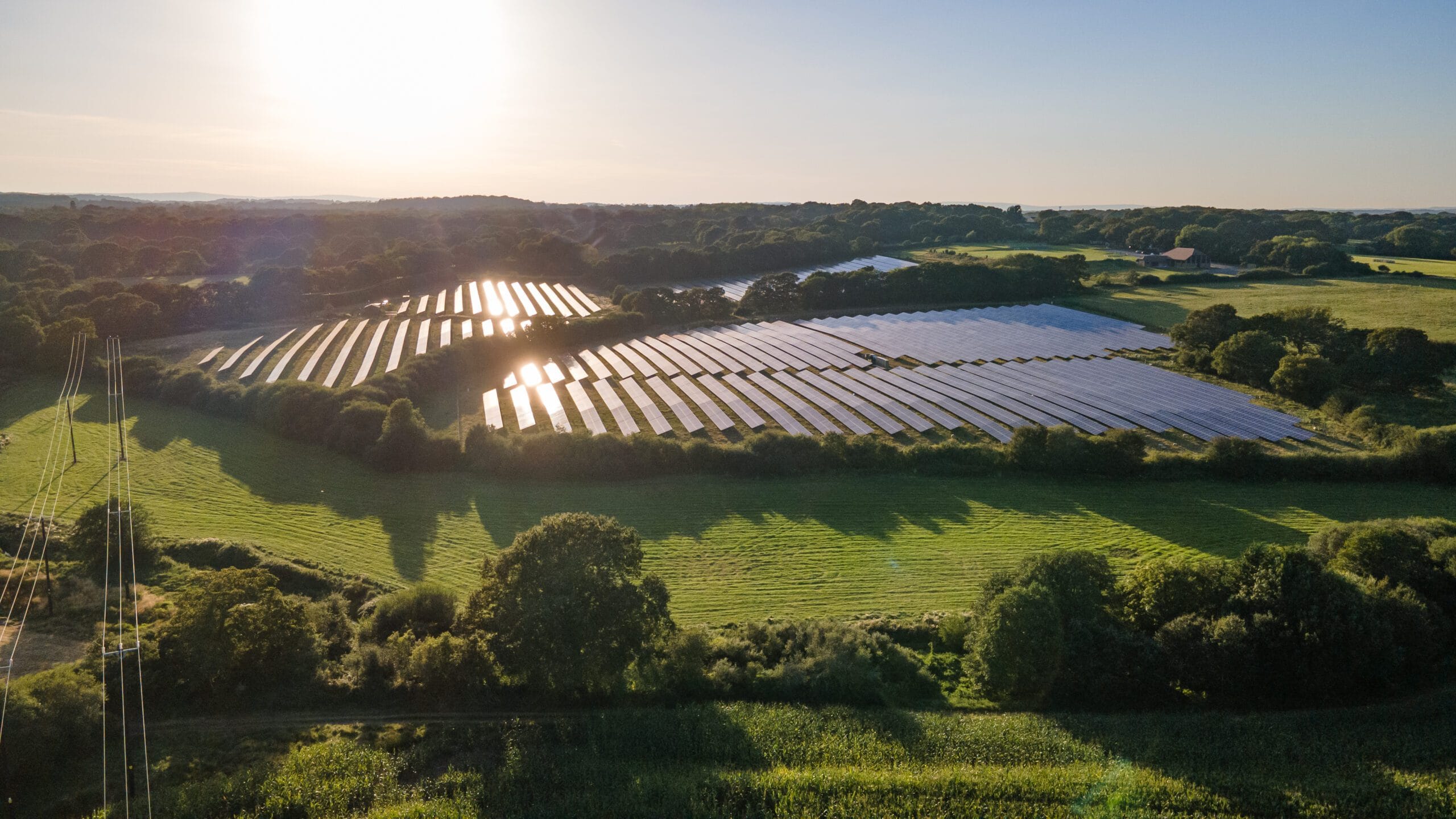Carbon and cost savings for family attraction
A new mains drainage system will deliver a positive impact on a leisure park’s finances and environmental footprint. Swanley Park in Kent has decommissioned a large cesspit, following culmination of a seven-year plan to secure permission from several neighbouring landowners to lay mains drainage.
Motion conducted a review of the original foul drainage system and carried out feasibility studies to set out future options on behalf of Swanley Town Council. The choice was narrowed down to a proposal that would involve the shortest distance and deliver the fastest return on investment. Motion also steered the Section 106 negotiations to a successful conclusion to secure approval for the mains drainage connection.
Public convenience
The popular amenity is set in 60 acres of parkland and features a boating lake, water park, soft play centre, café, miniature railway, inflatables, canine agility field and play park. According to Swanley Town Council Chief Executive Officer, Ryan Hayman, “During the summer peak, with the high numbers of visitors the park typically attracts, the current cesspit would need to be pumped almost daily to avoid sewage backing up.”
Ryan adds, “This new scheme will not only save the Council around 10.8 tonnes of carbon from lorry traffic, it will also reduce the risk of the public toilets being temporarily taken out of service. The absence of waste trucks coming and going will also improve the visitor experience in our busiest months.”
Image credit: © Swanley Town Council
An abridged version of this article first appeared in Issue 25 of Insight



